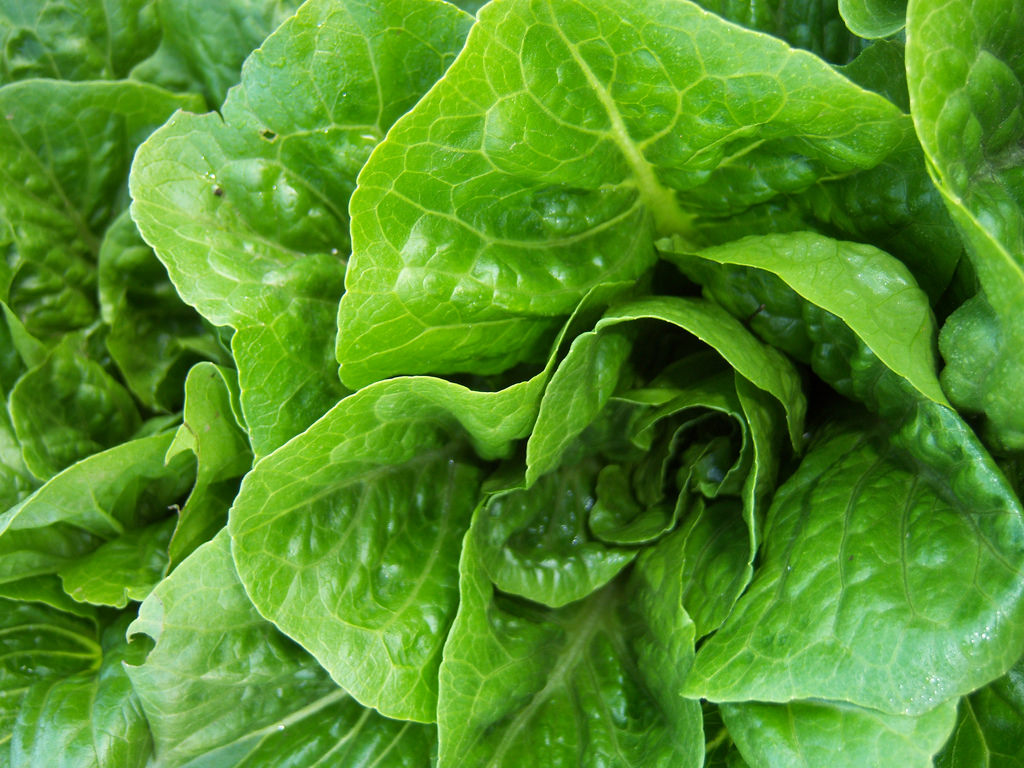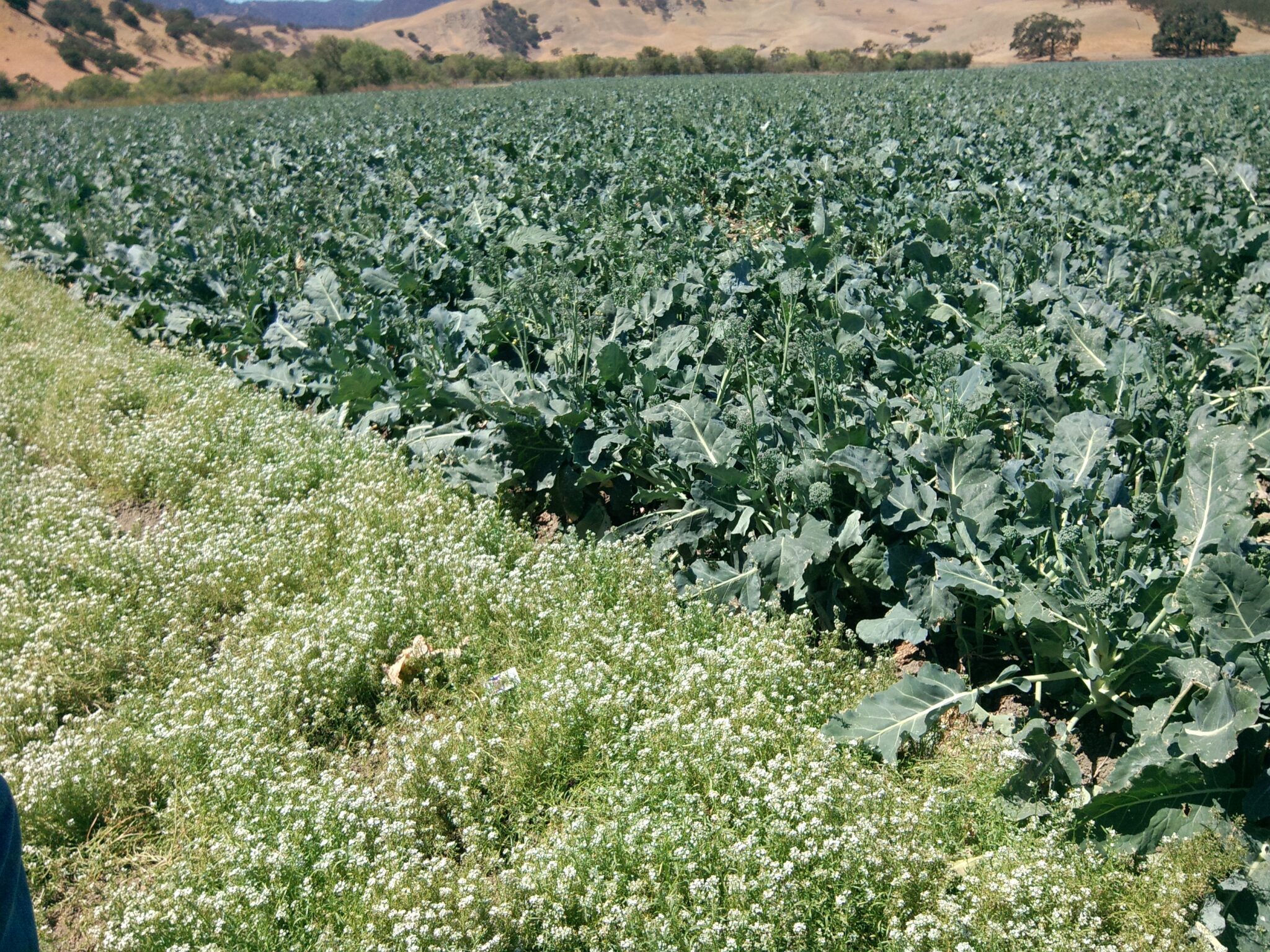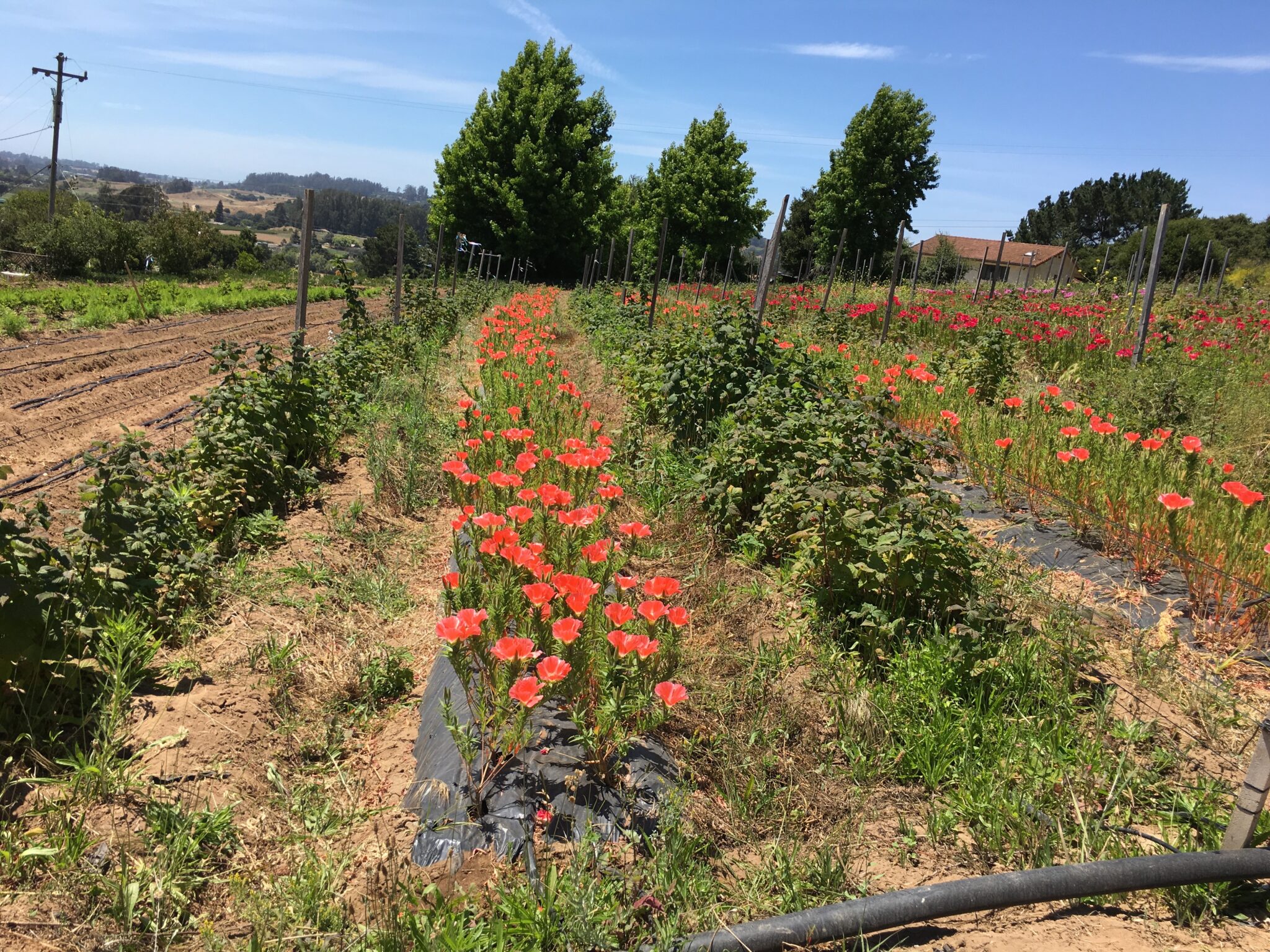Connecting Soil Health and Water in California
Healthy soil practices are an essential strategy for making the best use of rainfall and stewarding irrigation inputs wisely.
Who We Are
The Center for Diversified Farming Systems (CDFS) is an interdisciplinary research hub within the Berkeley Food Institute that examines how biological, economic, and cultural diversity affect the productivity, resilience, sustainability, health, and equity of agriculture. With internationally-recognized experts in a broad range of both natural and social sciences, CDFS is uniquely positioned to rethink agriculture and find solutions to restore ecosystem services, sustain biodiversity, equitably promote farm livelihoods, and ensure food security.
Formed in 2011 from a working group that began in 2010, CDFS played a key role in the creation of the Berkeley Food Institute. The center focuses on the relationships between biotic and cultural diversity, agricultural sustainability, resilience, social justice, environmental and human health, and governance institutions and policies. In 2012, the Center produced an edited volume for the journal Ecology and Society defining the concept of diversified farming systems and their environmental, social, economic and policy ramifications.



The Center for Diversified Farming Systems at the University of California, Berkeley provides a venue to study the individual and societal costs and benefits of multi-functional agriculture, and to identify and help implement leading-edge scientific solutions to the technical, economic, and political challenges facing broad adoption of diversified farming systems.

While there is no single template for “Diversified Farming Systems,” they share a common focus on local production, agroecological and local knowledge, and whole systems approaches to agriculture, based on promoting ecological diversity and ecosystem services from field to landscape scales.
Healthy soil practices are an essential strategy for making the best use of rainfall and stewarding irrigation inputs wisely.
The Central Coast is a crucial region for organic agriculture. Even here, farmers face persistent barriers to adopting diversified farming practices.
Researchers from the Berkeley Agroecology Lab show that, on average, cover cropping leads to climate benefits without sacrificing farm level productivity.
Regional Conservation Districts of Santa Cruz & Monterey Counties, The Nature Conservancy (TNC), Driscoll Strawberry Associates, Inc., Wild Farm Alliance (WFA), Organic Farming Research Foundation (OFRF), California Certified Organic Farmers (CCOF), Agriculture and Land-Based Training Association (ALBA), California Farm Bureau Federation, California Department of Food and Agriculture, Community Alliance with Family Farmers, and The Farmers Guild.